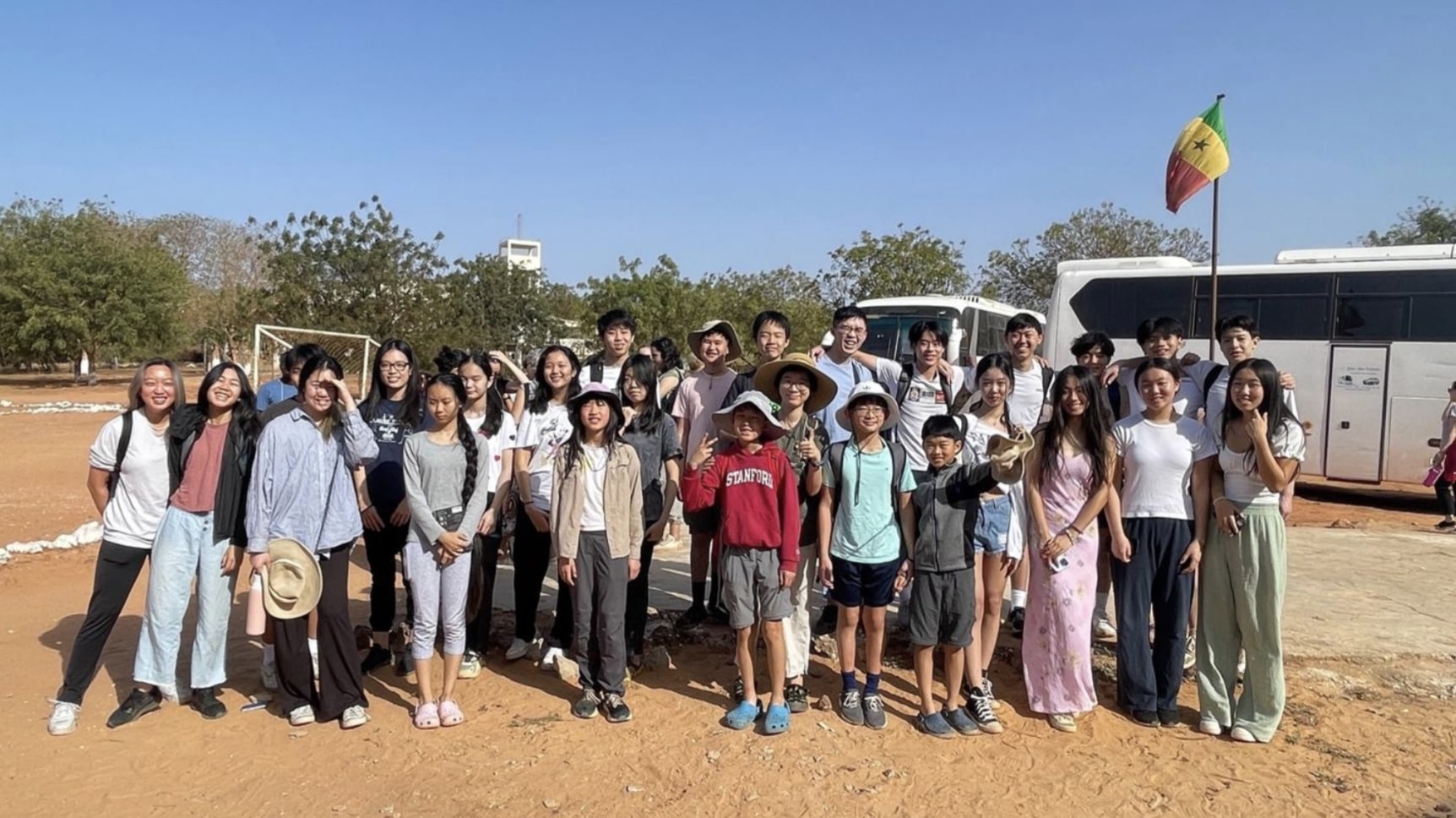Africa Cries Out Report 2023017 Returning to Africa
Author Jack Yang
On the evening of March 16, 2023, at John F. Kennedy Airport in New York, my older son Jason and I set off for Senegal, a West African country, to begin our second mission trip along with many other volunteers.
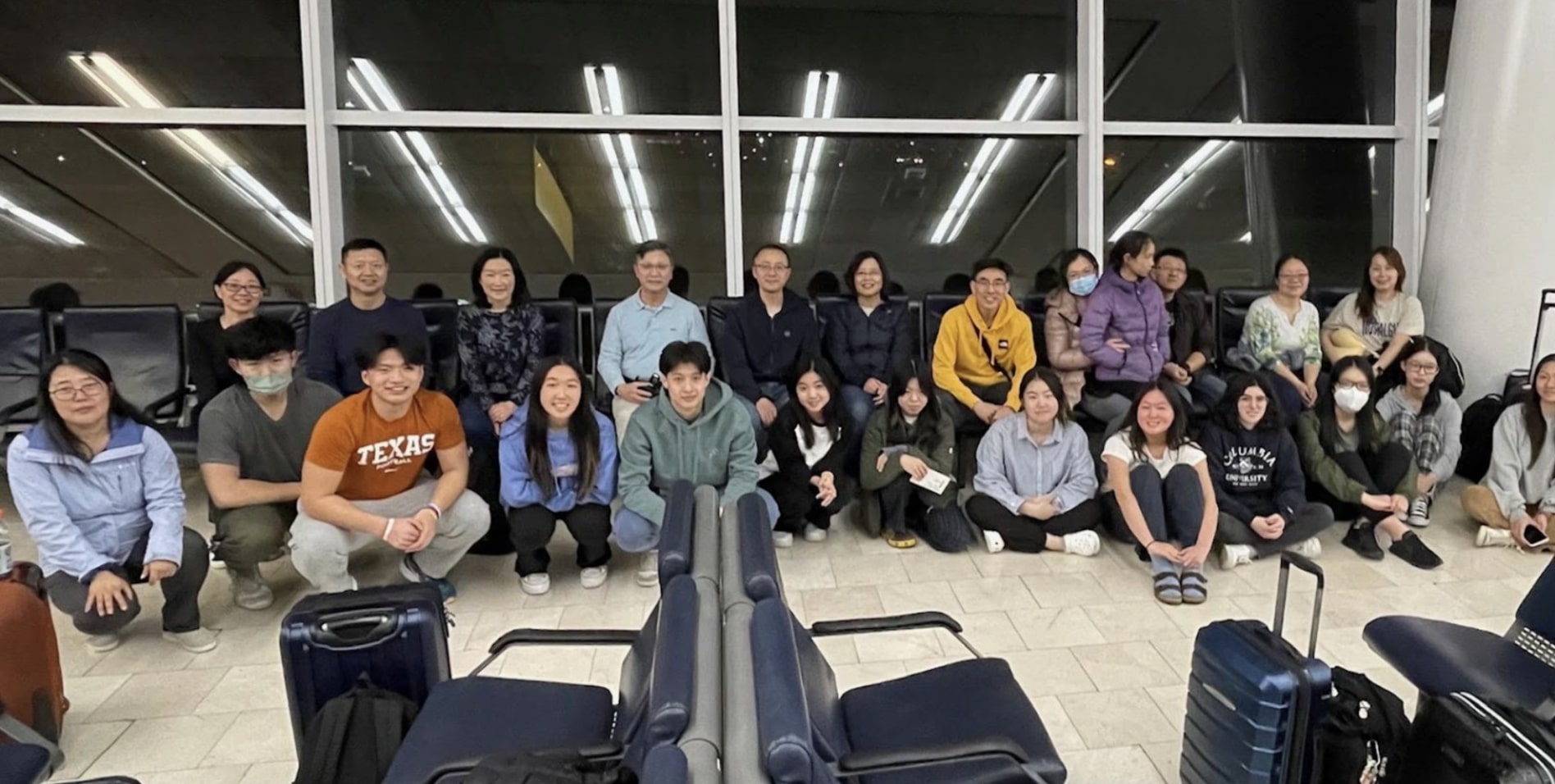 After taking off, as I sat on the plane and looked out the window at the quiet night, my heart was filled with countless emotions. Reflecting on my decision last year to embark on my first trip to Africa, I was filled with a complex mix of curiosity and concern. I had both a strong desire to help the impoverished and yet significant worries about the rampant virus and social instability in the area. However, after ten days of providing medical assistance, I gained a deeper understanding of the people living in this land of yellow soil and formed strong bonds with my fellow volunteers. Therefore, as I set foot on this journey once again, my heart was filled only with anticipation.
After taking off, as I sat on the plane and looked out the window at the quiet night, my heart was filled with countless emotions. Reflecting on my decision last year to embark on my first trip to Africa, I was filled with a complex mix of curiosity and concern. I had both a strong desire to help the impoverished and yet significant worries about the rampant virus and social instability in the area. However, after ten days of providing medical assistance, I gained a deeper understanding of the people living in this land of yellow soil and formed strong bonds with my fellow volunteers. Therefore, as I set foot on this journey once again, my heart was filled only with anticipation.

Compared to last year’s team of fewer than twenty people, this year’s team is on an unprecedented scale. We have a total of one hundred and seventy volunteers, including twenty-six doctors and thirty-four students. The youngest student is only nine years old.
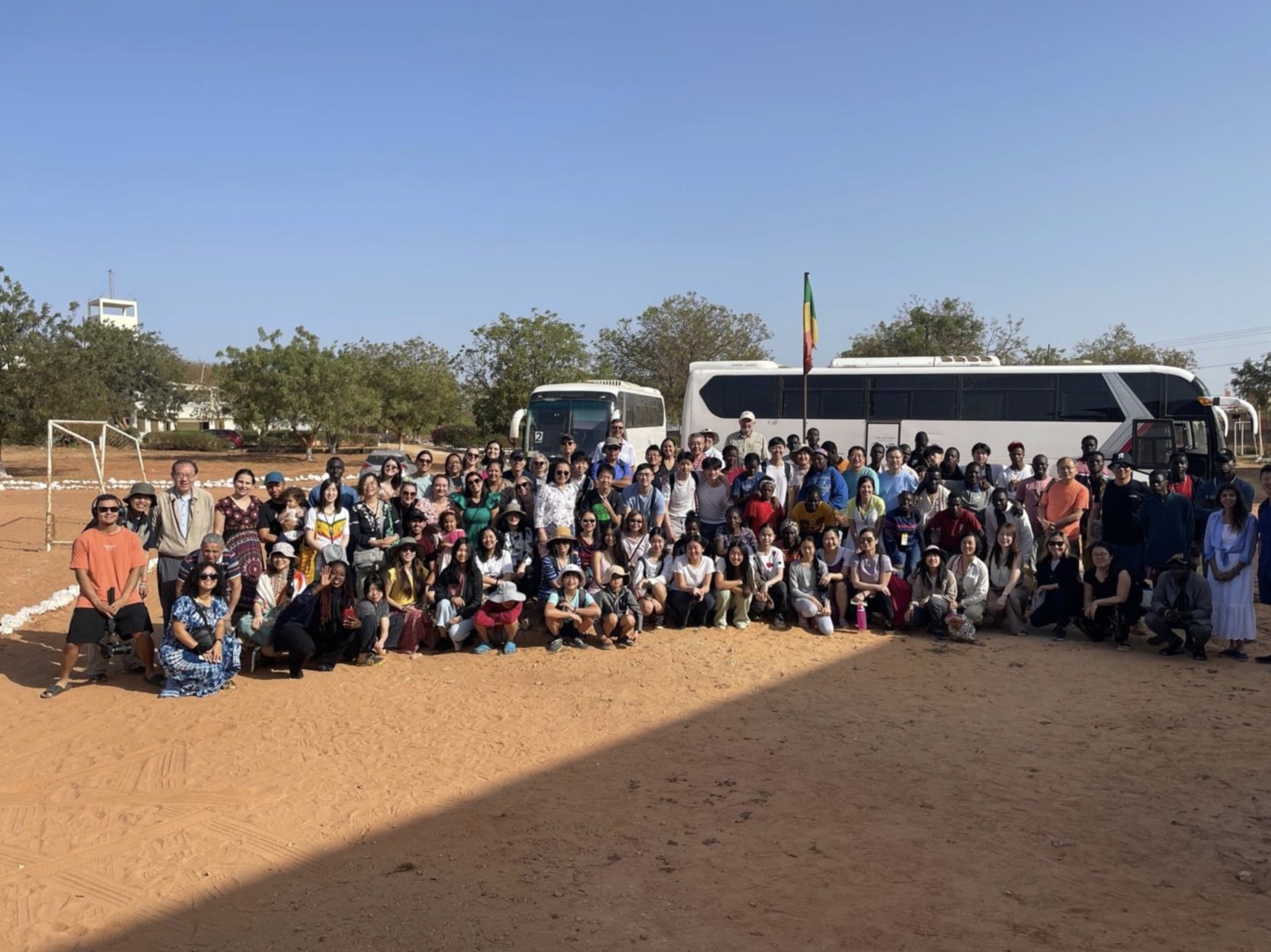
Ample manpower allowed me, as a non-medical member, to engage in conversations and collaborate with the accompanying students during our breaks while assisting the team. It gave me the opportunity to witness the admirable qualities and progress displayed by these students throughout the activities.
The stark contrast in living conditions was a tremendous shock for these children from the United States. The outdoor environment was engulfed in a haze of yellow dust and sand, with temperatures reaching nearly forty degrees Celsius(equivalent to 104 degrees Fahrenheit). Indoors, there was no air conditioning, and students found themselves sharing rooms with complete strangers. Hot water for bathing was non-existent, and they must endure mosquito bites during the night. Initially, most of the children reacted with astonishment, and a few even struggled to accept the circumstances. However, after the initial surprise worn off, they swiftly adjusted their mindset and adapted to the new environment. They took the initiative to introduce each other and quickly become close “comrades.” They set aside their exhaustion from the long flights and jet lag, immersing themselves in sorting medications and preparing medical equipment.
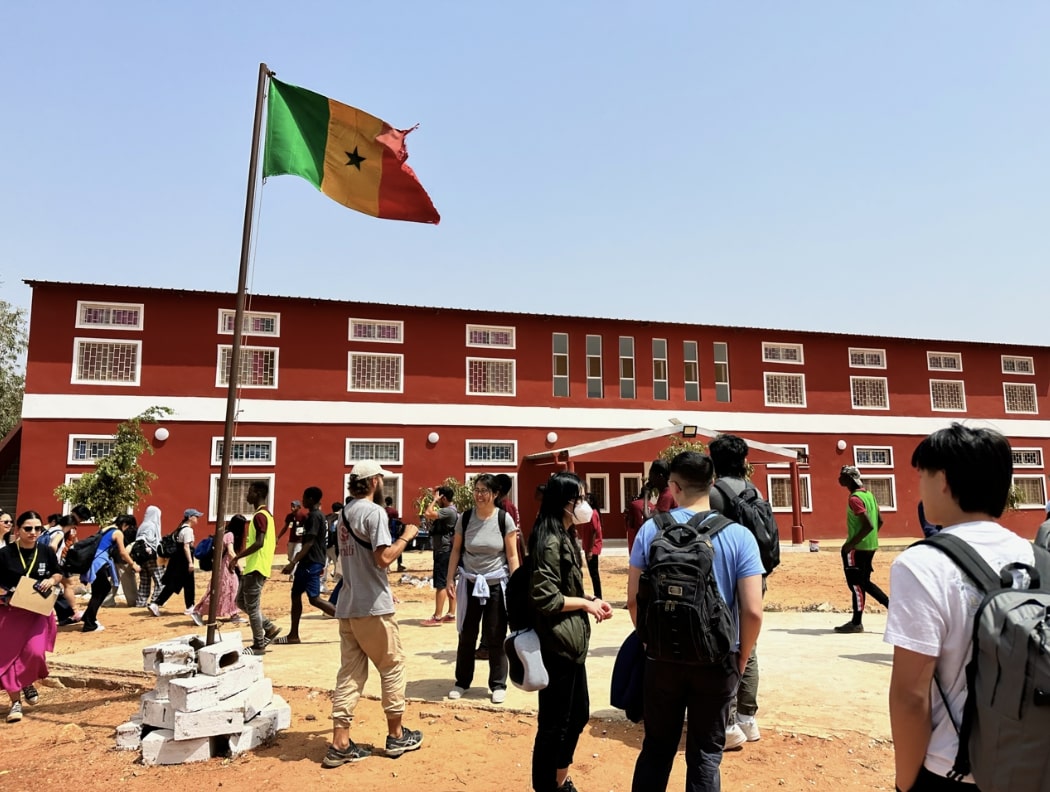

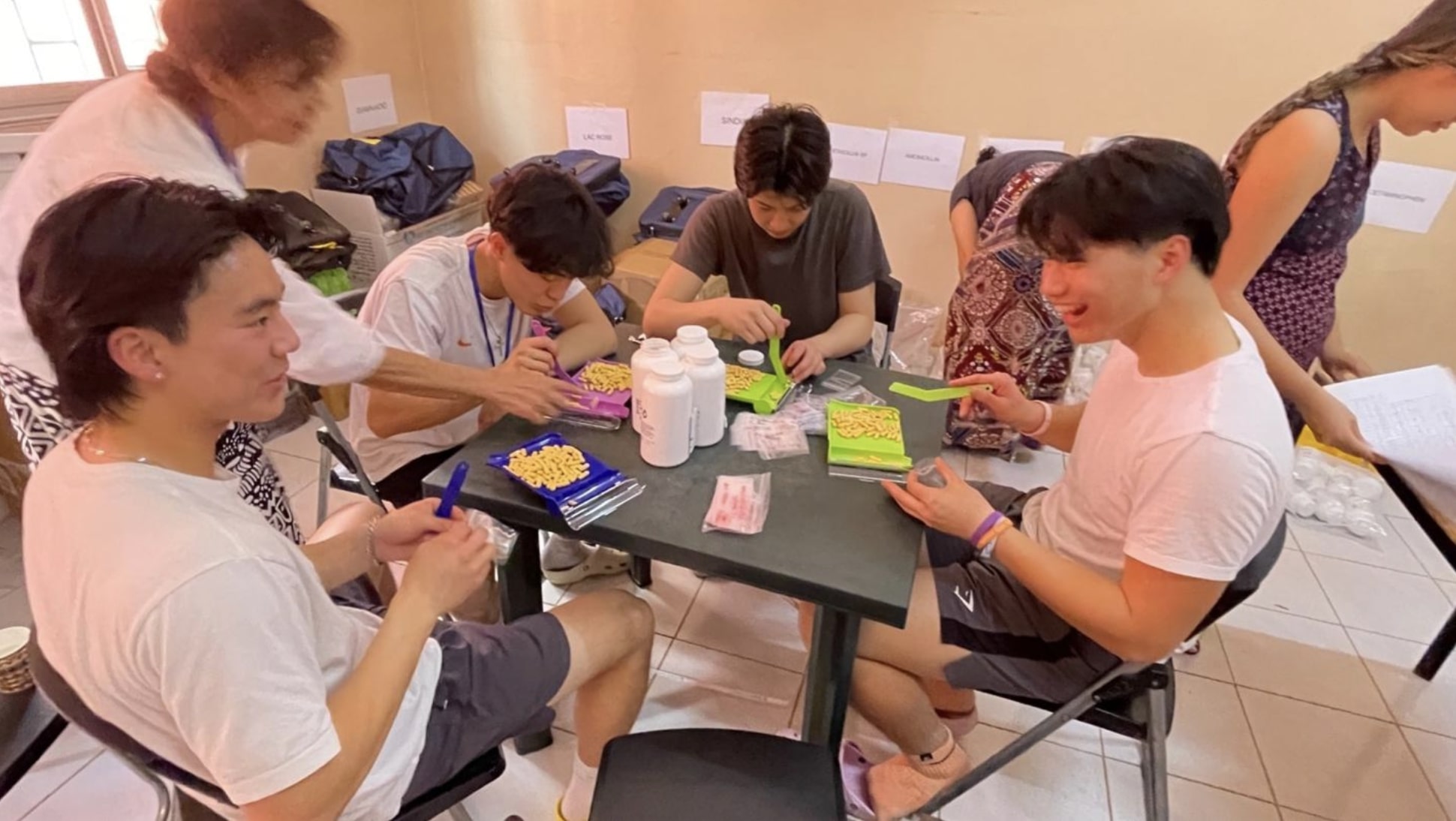

Adding to the challenge is the early wake-up time of 5 a.m. to prepare breakfast for the team. Before the sun rises, students sleepily gathered in the kitchen, spontaneously forming small groups to collaborate on cooking. Apparently some students have never set foot in a kitchen at home, yet the experienced ones took the initiative to provide on-site training. With great enthusiasm, they work tirelessly, and in less than an hour, a nutritious breakfast for over a hundred people was made ready.
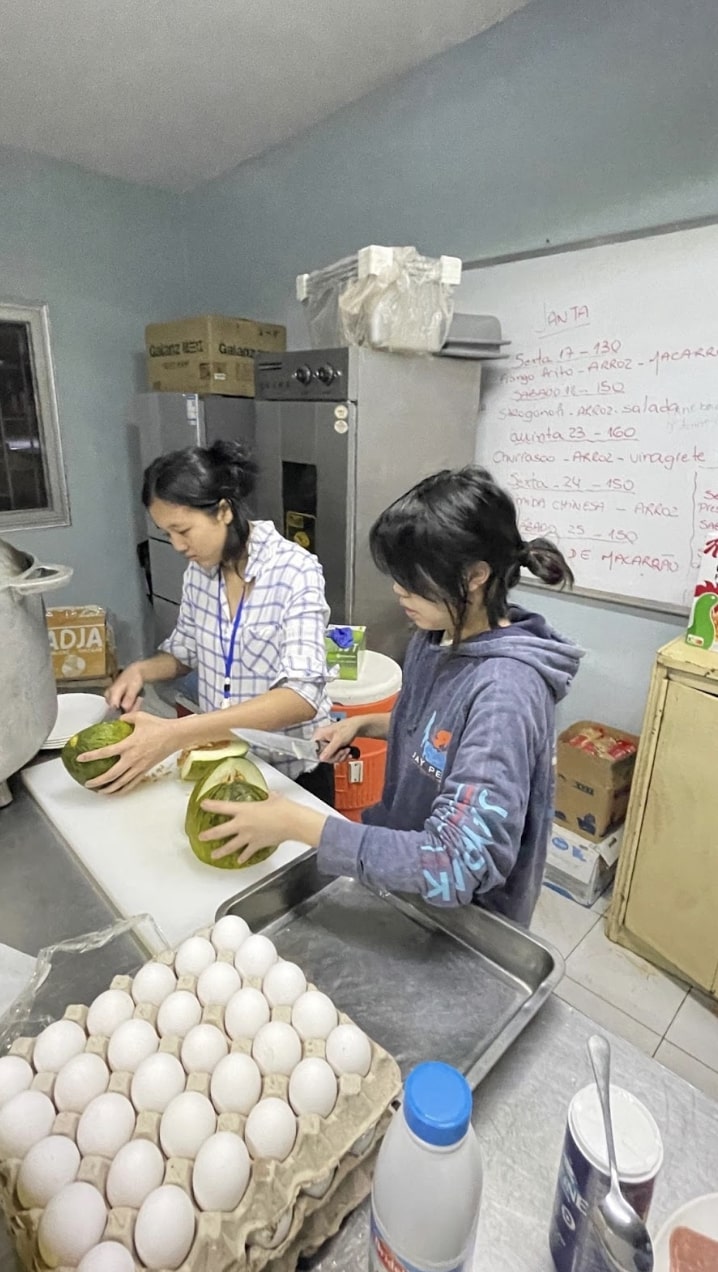
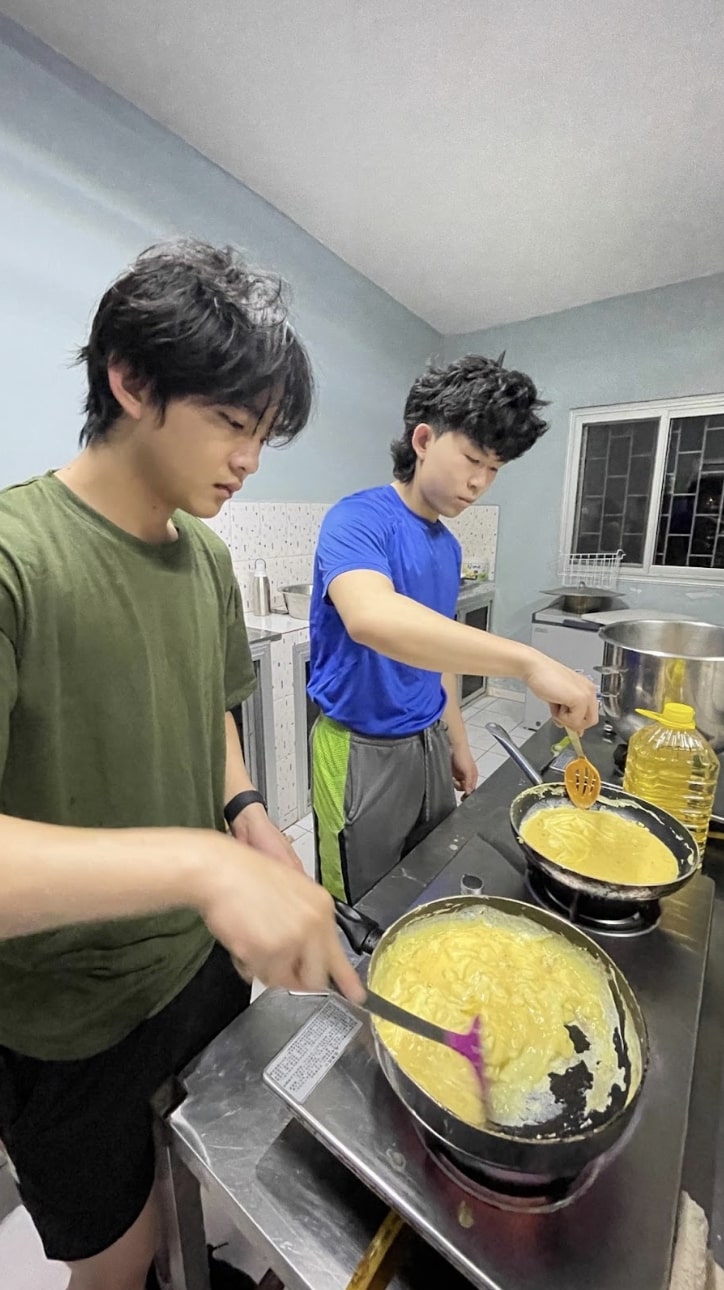

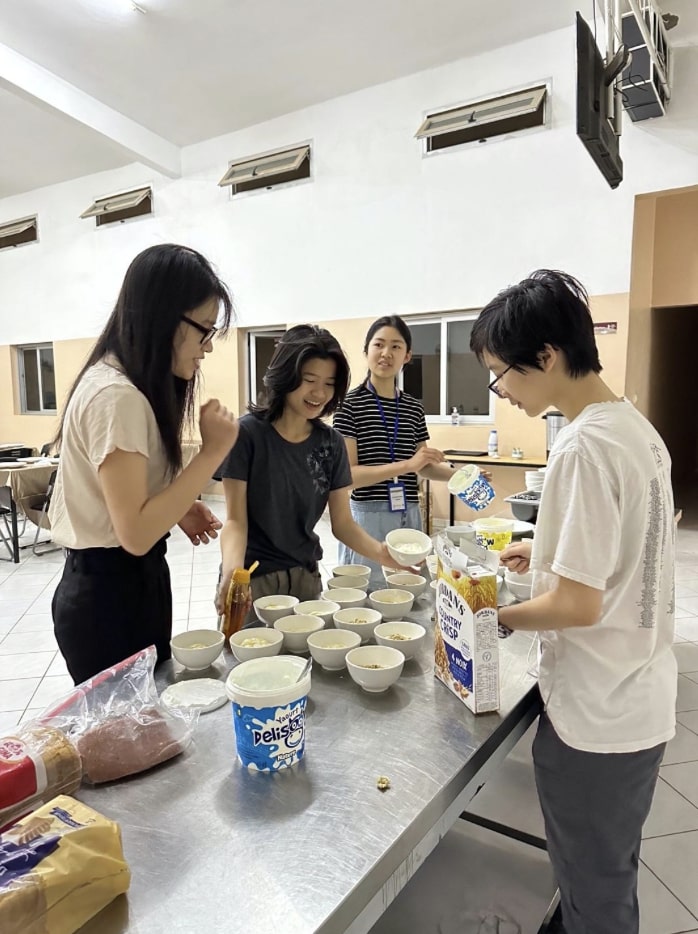
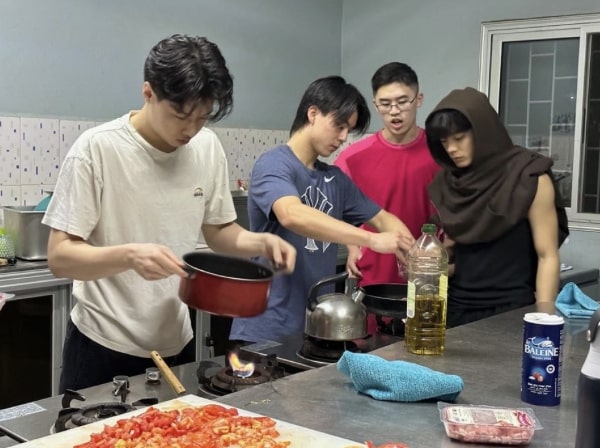

There were endless thatched huts with leaking roofs, lack of food and clothing, and polluted drinking water. Both adults and children were severely malnourished, their bodies emaciated. The majority of the patients we encountered suffered from various inflammations and unexplained pains, enduring prolonged agony without the means to seek medical care. It was a completely different world, as one student put it: everything he took for granted back home simply did not exist here. The students began to comprehend the sheer misfortune of living in such conditions. Their empathy was fully awakened, and they wholeheartedly dedicated themselves to assisting the doctors to diagnose and treat the patients.


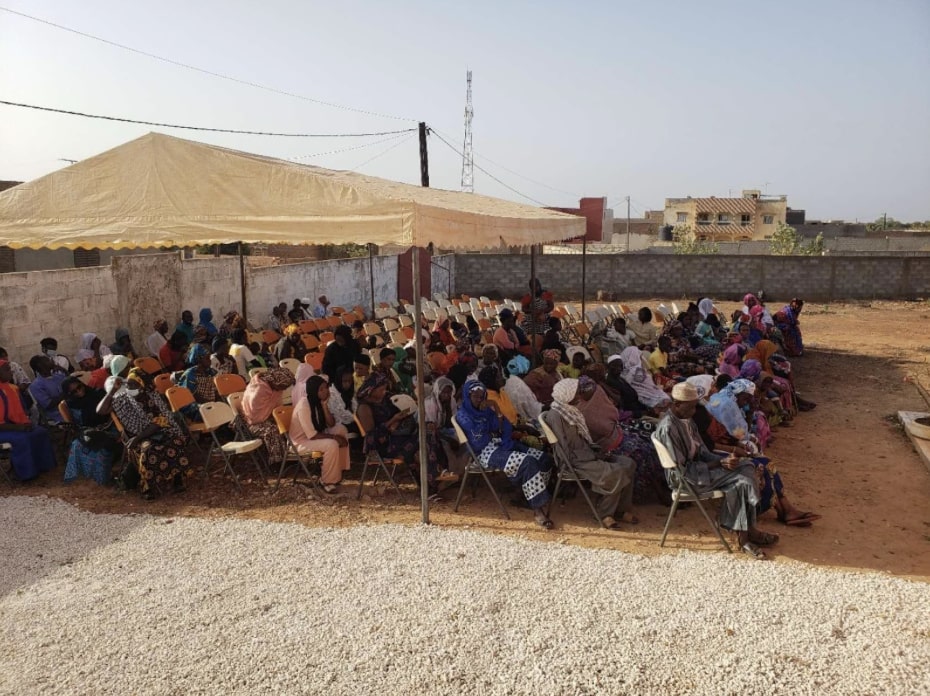
The doctors were enthusiastic about teaching the students through practical demonstration. They not only shared medical knowledge but also encouraged students to analyze medical conditions, write prescriptions, and even perform basic surgical procedures. Through this application-oriented learning process, the children’s interest in medicine was sparked, and they began to recognize their own worth. As a result, many of them developed a desire to study medicine and save lives in the future.
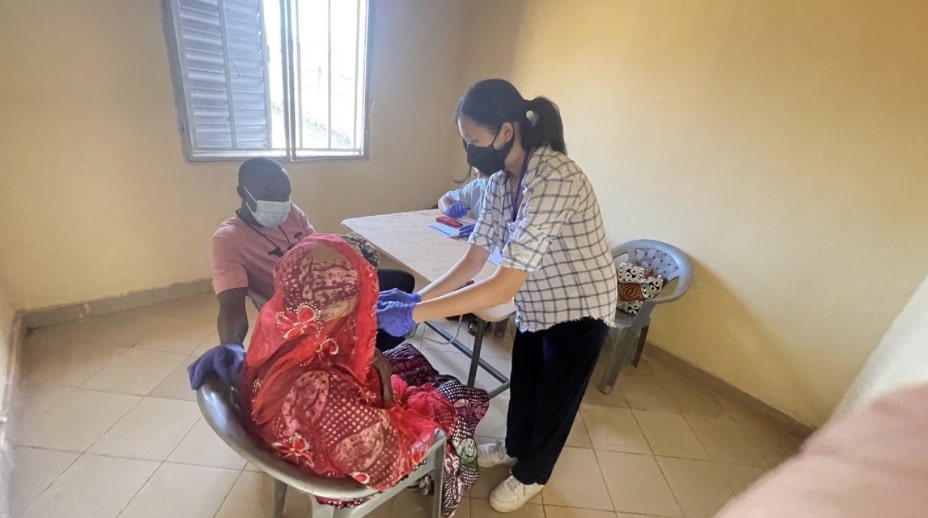


They are kind, thirsty for knowledge, and ready to assist others. They quickly formed strong bonds with the student volunteers. Despite the language barrier, the friendship between these two groups of young men and women was quickly developing. The volunteers distributed shoes, computers, and mobile phones they collected from their hometown among their new friends. In a heartwarming gesture, the vocational students wholeheartedly invited their new friends to their gratitude ceremony, where they danced together in harmony.
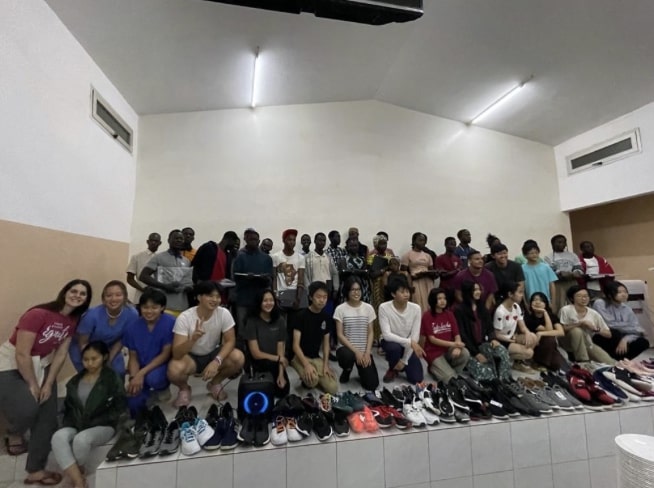
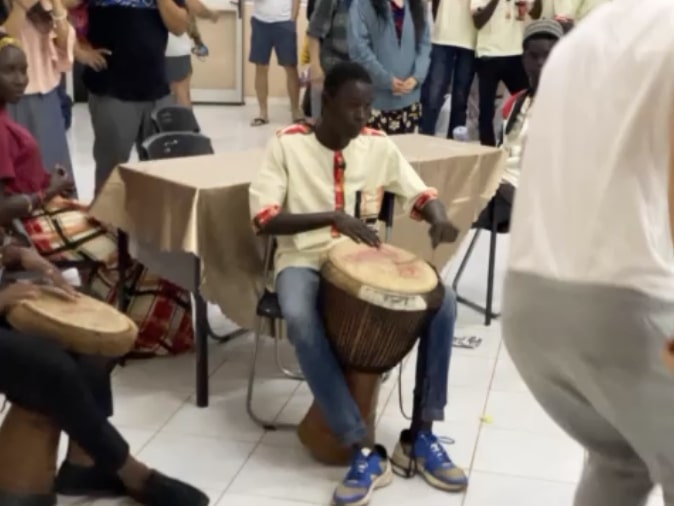
The ten-day journey in Africa quickly flew by amidst the team’s busy schedule from morning till night. During this trip, the team provided medical services to nearly 2,500 patients across eleven villages. The gynecology team successfully performed eight surgeries, while the dental team conducted tooth extractions and fillings for 160 patients. The dedicated teenage students selflessly donated the items they had collected in their spare time before their trip: 1,000 pairs of new flip-flops, over 300 pairs of sports shoes, 55 laptops, 70 mobile phones, and 10 wheelchairs. All of these generous contributions were given to the local residents, making a significant impact on their lives.
Upon leaving, many students expressed that their journey in Africa had given them a deeper understanding of life’s purpose. They realized that life is not solely about personal success and satisfaction but also about helping others and progressing together. As Jason aptly put it, “I feel so lucky that I will never complain again.” As a parent accompanying these students, I am deeply impressed with their resilience, unity, and compassion when faced with challenges. This journey has made them value everything they have and appreciate the sacrifices their parents and families have made for them.
These young men and women, driven by a common goal, came together, endured hardships, and formed strong bonds of friendship. They now inspire one another to make a difference in the lives of the needy ones. Although what they did now may seem simple, they are like a beacon of hope for those in desperate need. Their acts of care and selflessness will serve as a source of inspiration for their peers, encouraging them to embrace love, persevere, and strive to create a healthier and more beautiful world for all.
